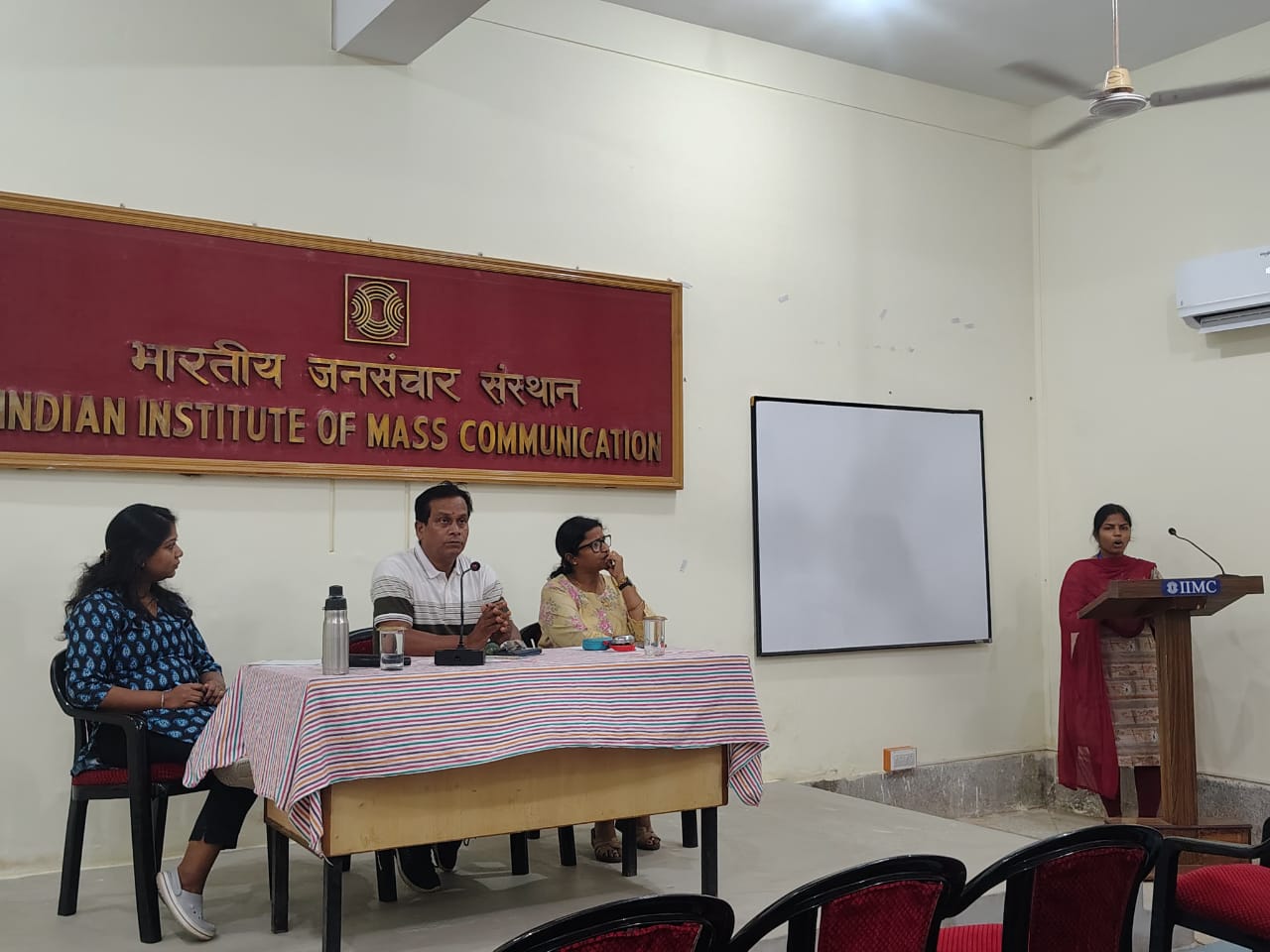As the curtains draw open on a new era in education, Odisha takes center stage, poised to script a transformative story with the New Education Policy (NEP) as its guiding light.
Odisha is all set to revolutionize its education system by implementing the National Education Policy (NEP) 2020. The School and Mass Education Department has given the green light to adopt this comprehensive policy, aiming to fortify the state’s educational framework. This strategic move is designed to bring Odisha’s education system in line with the Ministry of Education’s (MoE) vision for a unified and progressive national education policy. By embracing NEP 2020, Odisha aims to create a more inclusive, equitable, and effective education system that caters to the diverse needs of its students.
This development is expected to have a profound impact on the state’s education landscape, paving the way for innovative teaching methods, improved infrastructure, and enhanced learning outcomes. As Odisha embarks on this transformative journey, it’s clear that the future of education in the state is looking brighter than ever.
The state’s decision to implement the National Education Policy (NEP) 2020 is a significant step towards aligning with national educational reforms. This move aims to reshape the learning landscape into a more comprehensive and skill-focused ecosystem. At the heart of this reform is the adoption of the National Curriculum Framework (NCF), which will be contextualized to cater to the unique needs of Odisha. This framework will serve as the State Curriculum Framework, providing a structured approach to education that emphasizes skill development, critical thinking, and problem-solving.
The NCF is designed to promote a holistic learning experience, focusing on the all-round development of students. This includes the development of essential life skills, such as communication, collaboration, and creativity. By adopting the NCF, Odisha aims to create a more inclusive and equitable education system that caters to the diverse needs of its students.
In addition to the NCF, the state will also focus on developing a comprehensive curriculum that integrates local contextualization. This will ensure that students learn about the rich cultural heritage, history, and geography of Odisha, while also gaining a global perspective.
The implementation of the NEP and NCF in Odisha is expected to have a profound impact on the state’s education system. It will enable students to acquire the skills, knowledge, and attitudes necessary to succeed in an increasingly complex and interconnected world. By embracing these national educational reforms, Odisha is poised to become a leader in education innovation, providing its students with a world-class learning experience that prepares them for success in the 21st century.
To ensure a smooth implementation of the NEP, a dedicated task force has been constituted to monitor the process. This task force will be supported by six thematic sub-committees, each tasked with developing recommendations on specific aspects of the policy. These sub-committees will provide valuable insights and suggestions to help shape the implementation of the NEP in Odisha.
The introduction of the NEP in Odisha’s higher education system is a significant step towards aligning the state’s education system with national educational reforms. The policy aims to promote holistic learning, critical thinking, and problem-solving skills, and is expected to have a positive impact on the state’s education landscape.





